Ok, it’s not even 2014 yet, but I’m willing to make the call right now on the best comic purchase I’m going to make during 2014:
The Schulz Peanuts Artist’s Edition is slated to hit shops in April 2014, and I for one have already put in an order. If you haven’t heard of the IDW Artist’s Editions before, they are premium hard cover beasts that show the original pencil work of the artist. I am lucky enough to own the David Mazzucchelli Daredevil Born Again: Artist’s Edition and although it cost me something like $175, it’s one of the best purchases I ever made.
The price of the Schulz edition isn’t confirmed yet but expect it to be in the vicinity of AU $150-200. Yes it’s a huge amount, but trust me, it’s money extremely well spent.


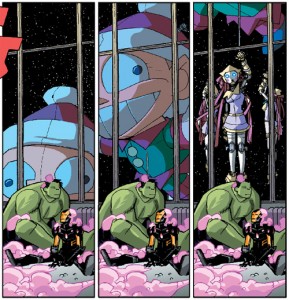
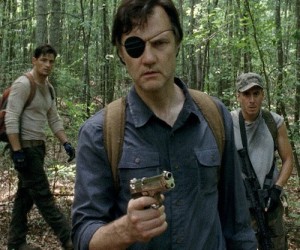
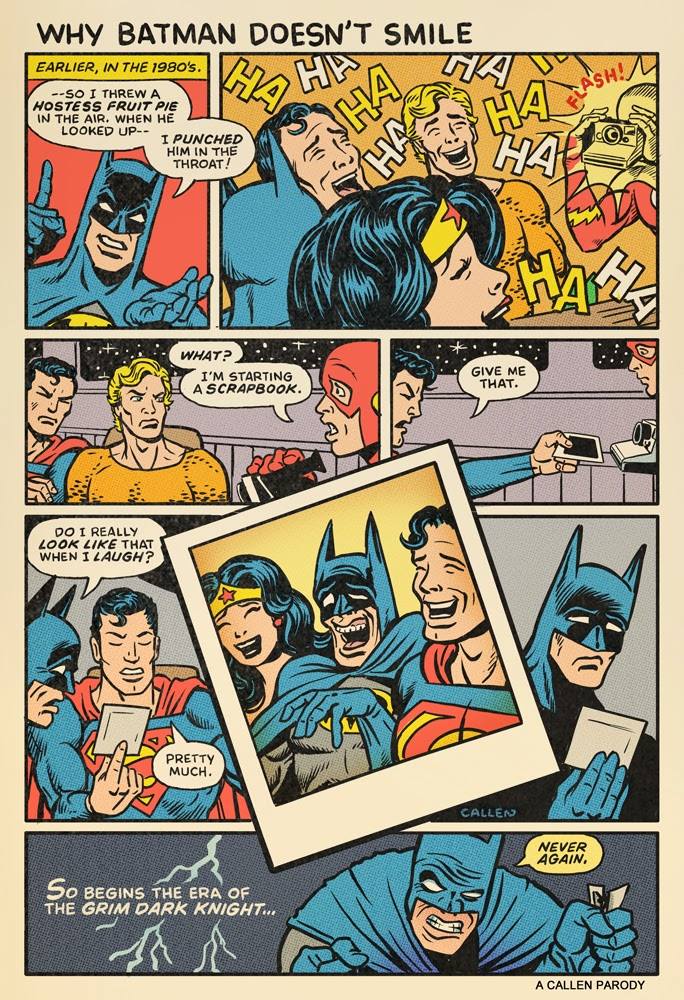
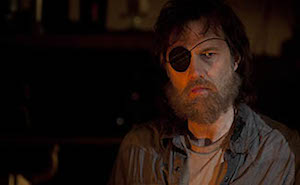
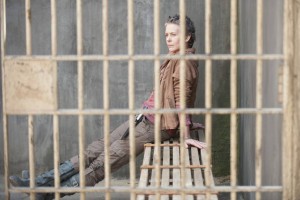
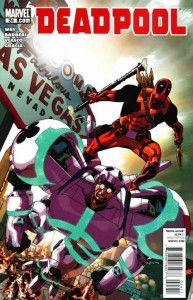
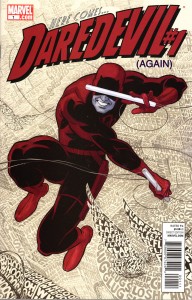
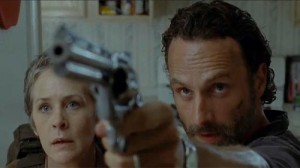
 RSS - Posts
RSS - Posts
Recent Comments